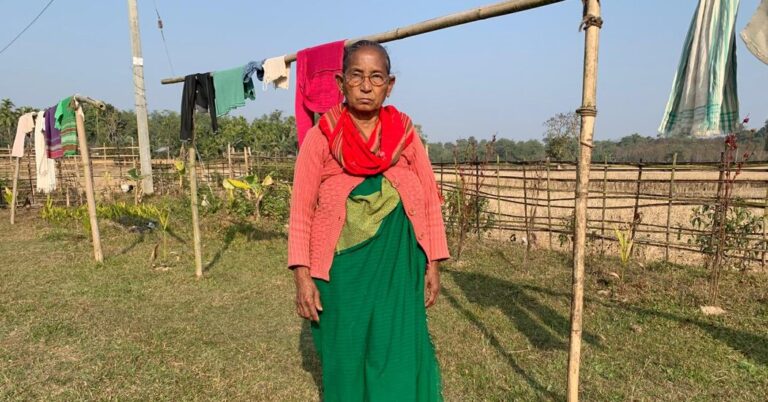Witch hunt victims face horrific punishment, says “Contemporary witch-hunting practices” a 2015 report from the Indian legal non-profit Partners for Law in Development. They may be subjected to “forced stripping,” the report says, “being displayed naked in public, cutting or tonsuring their hair, blackening their faces, cutting off noses, pulling out teeth to “get rid of fangs,” pulling out teeth. teeth. eyes, whipping, gang rape, forced consumption of human excrement, cow dung” or “murder by hanging, hacking, lynching or burial alive”.
Ms. Rabha went from village to village in Assam to denounce the practice and said there were no ‘daini’ or witches. She had long been wary of popular superstitions and healers who chanted incantations at young women to drive away what they believed to be evil spirits. As a young mother, a local healer told Ms. Rabha that her mentally ill son would soon die; he did not do it. This false prediction, in the 1980s, was the origin of her advocacy work, which she began in earnest around 2000.
That year, she stood up at a meeting in the village of Lakhipur, also in Assam, to support five women accused of being witches; she did not back down when hundreds of villagers surrounded her house the next day.
Usha Rabha remembers her first rescue mission with Ms. Rabha, in 2006, when a mob armed with sticks surrounded them in a neighboring state. “I was terrified,” she said. But Birubala was “totally unfazed”, Ms Rabha said. When police came to rescue the two women, she said, Birubala “reprimanded the officers, saying, ‘I won’t stop until I finish the work I’m doing.’ »
In Assam, in the 2000s, Birubala Rabha allied himself with the state’s former director general of police, Kuladhar Saikia. “She would come to me and meet with me and discuss these issues,” Mr. Saikia recalled in an interview, adding: “She told me she was speaking out against social injustice. »


